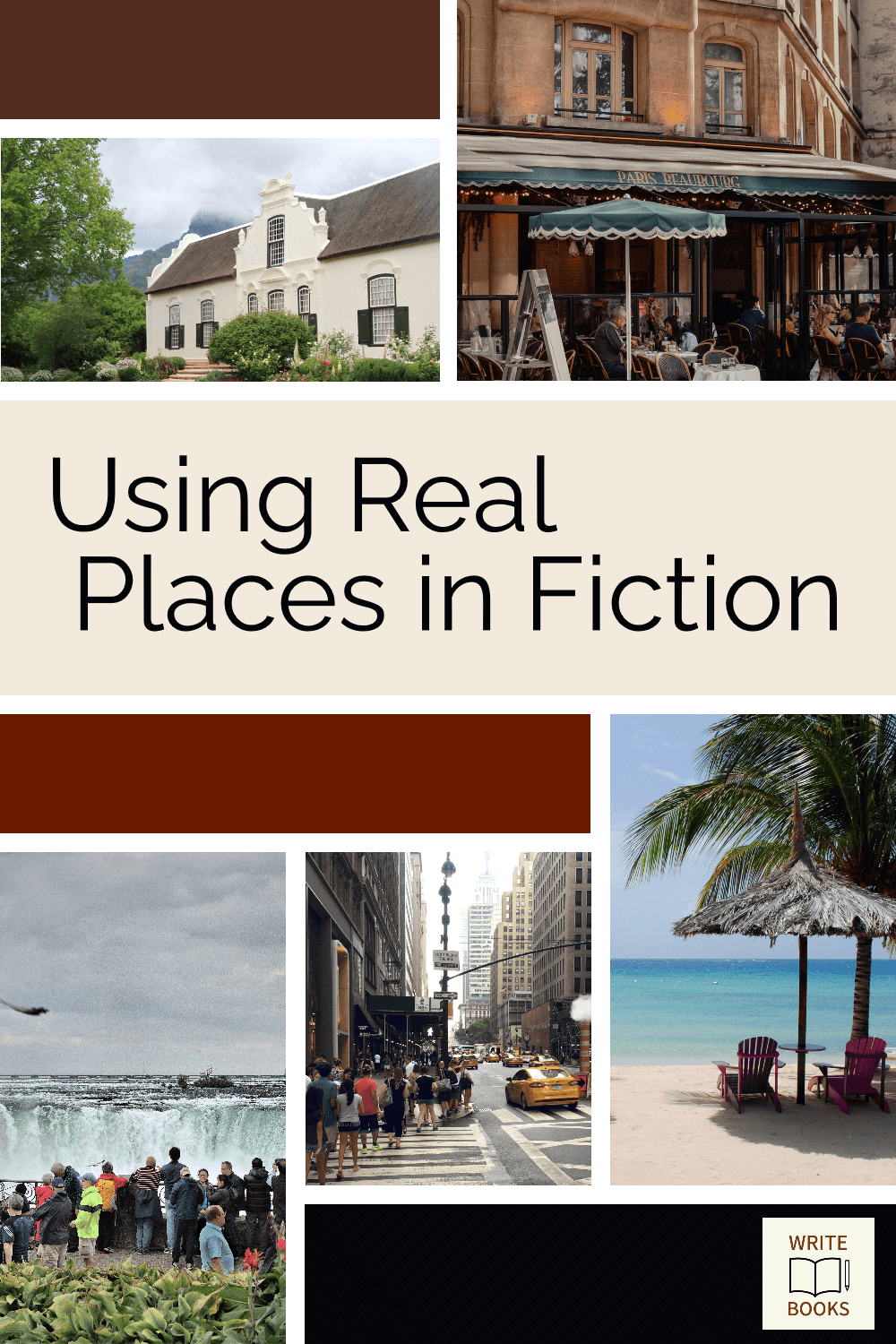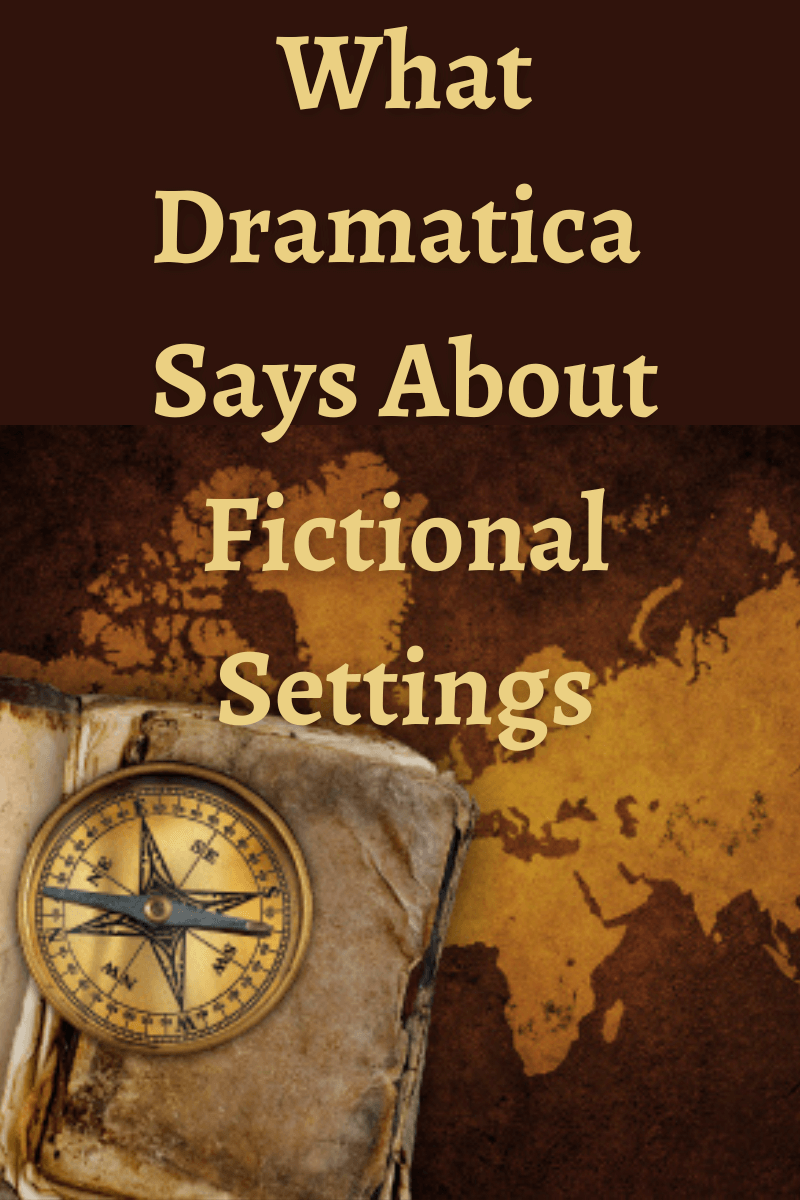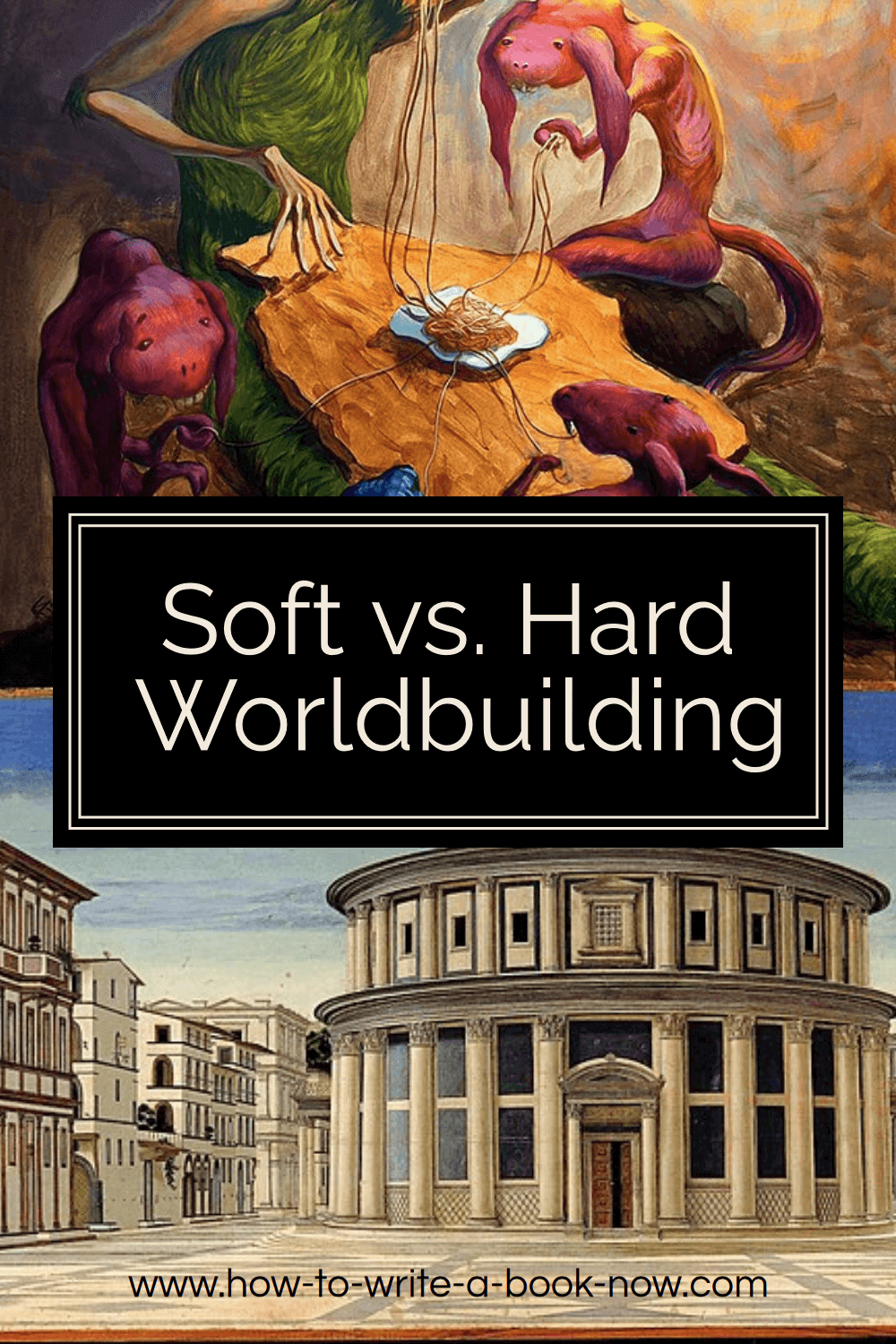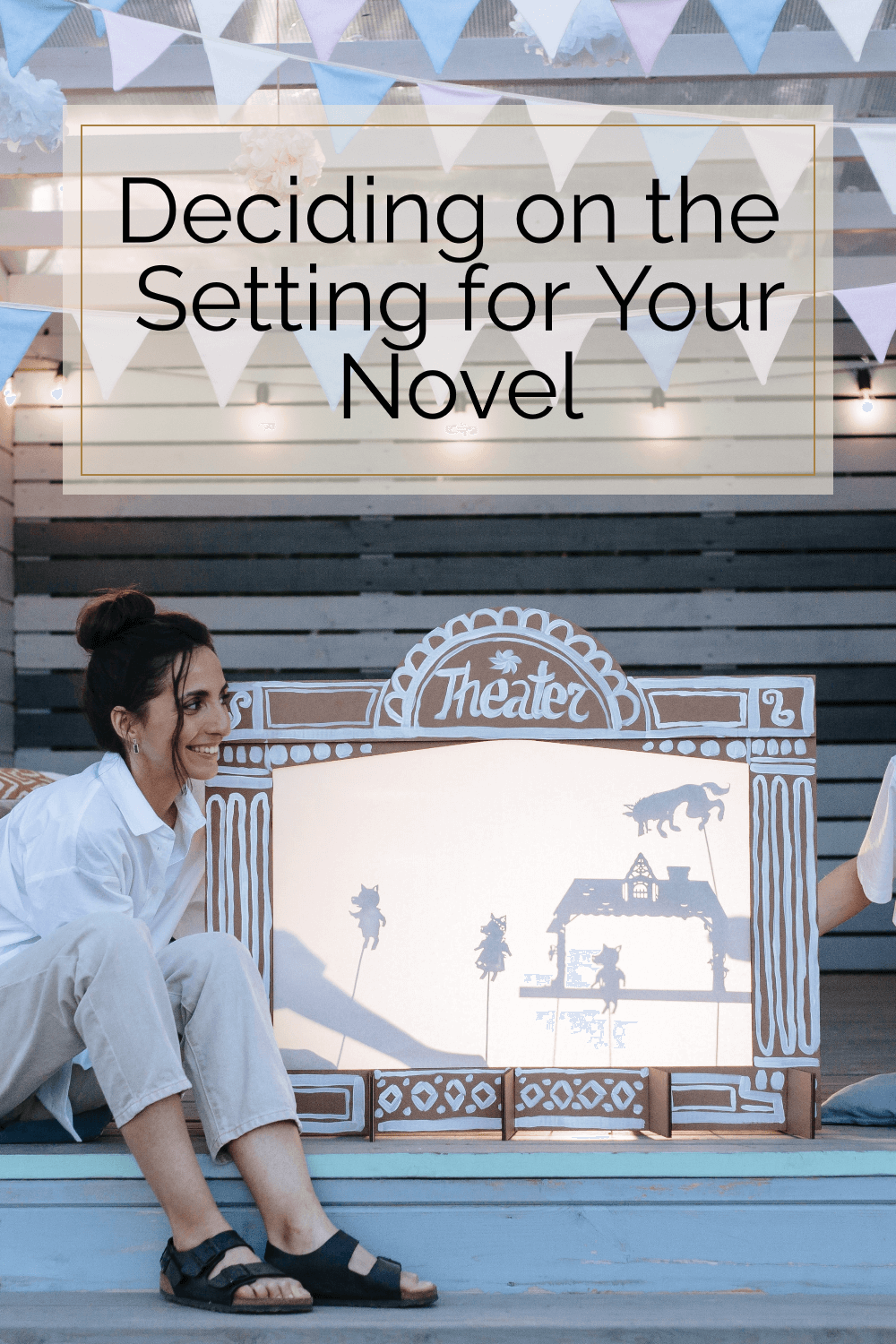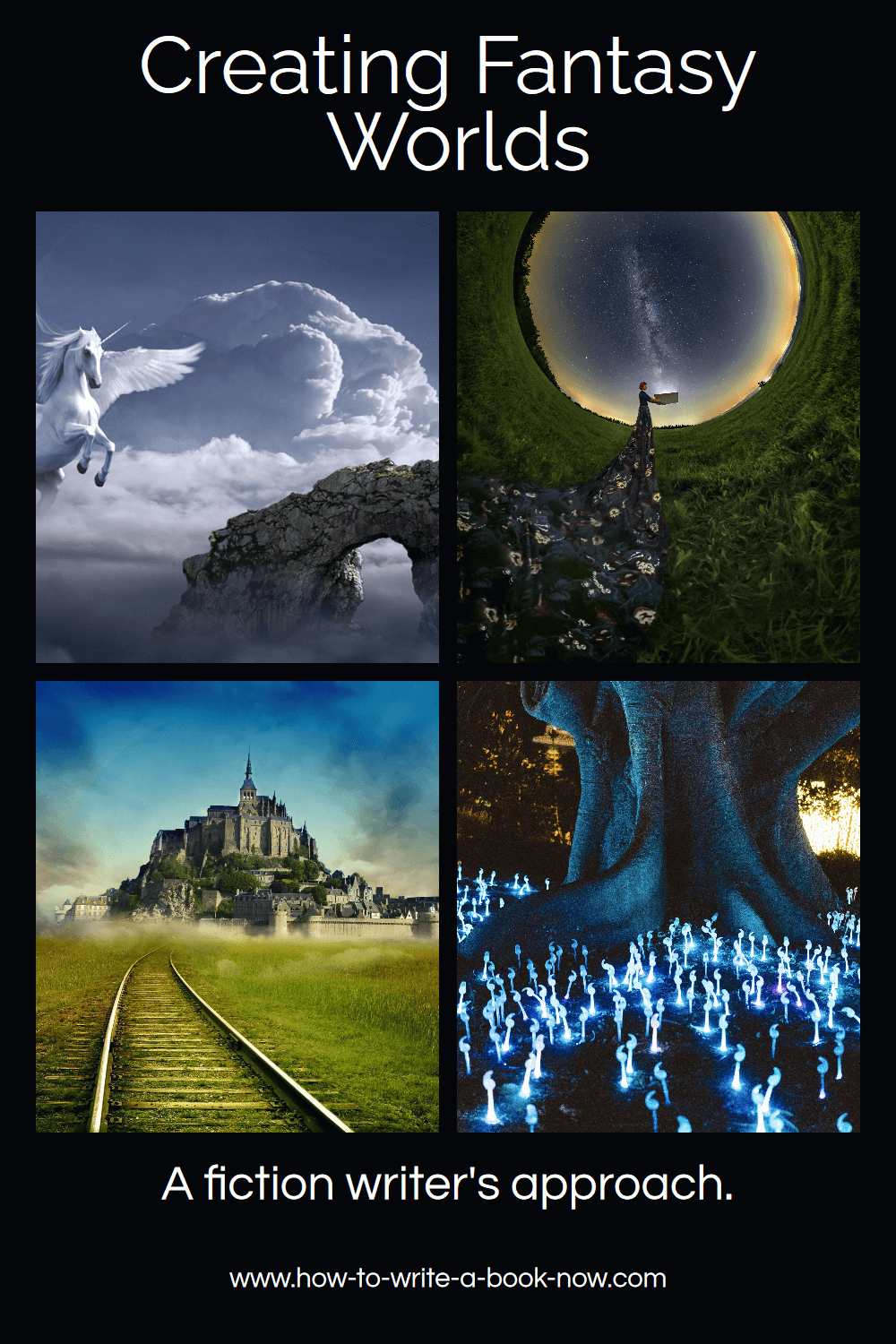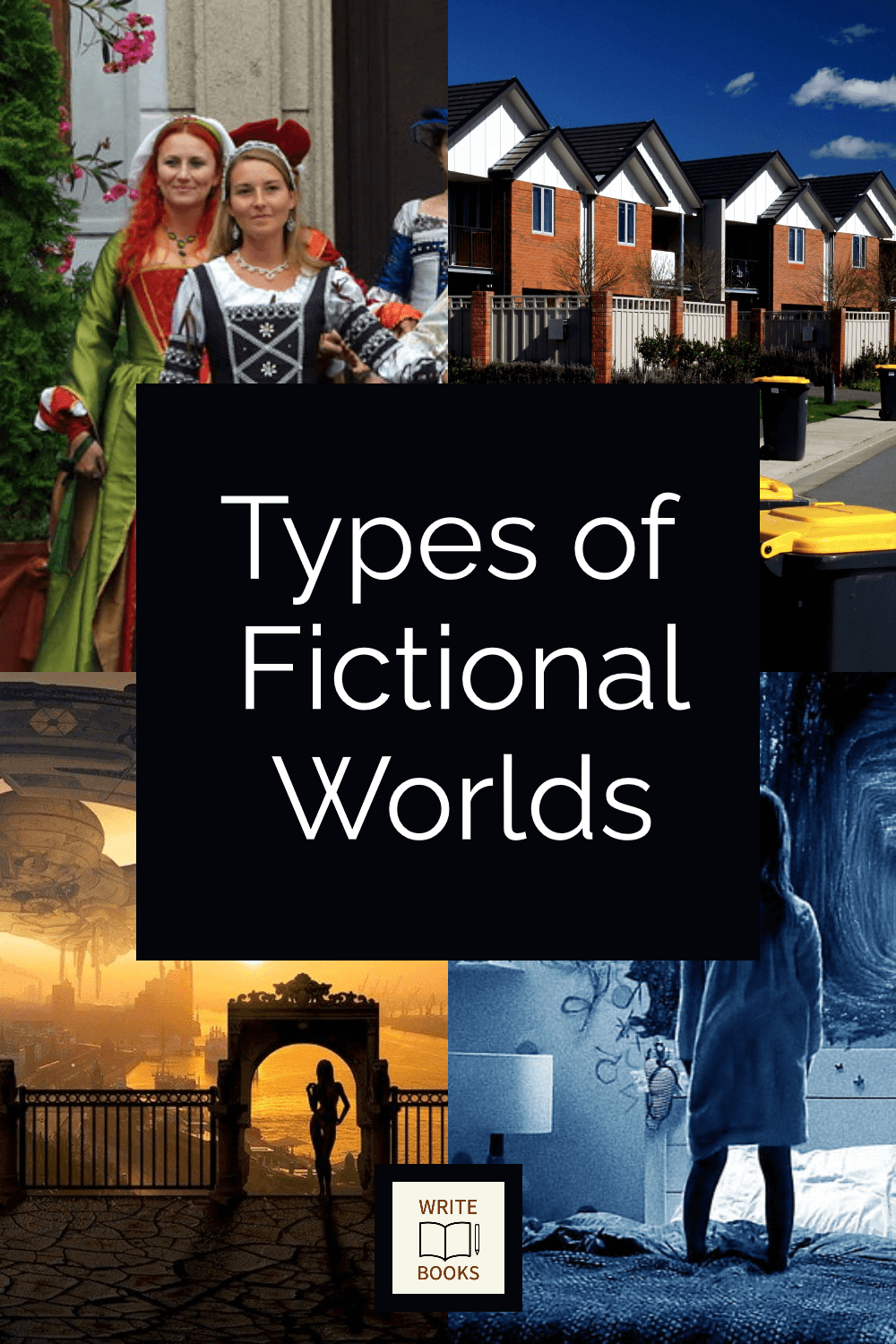6 Ways the Setting of a Story Contributes to Reader Engagement
By Glen C. Strathy
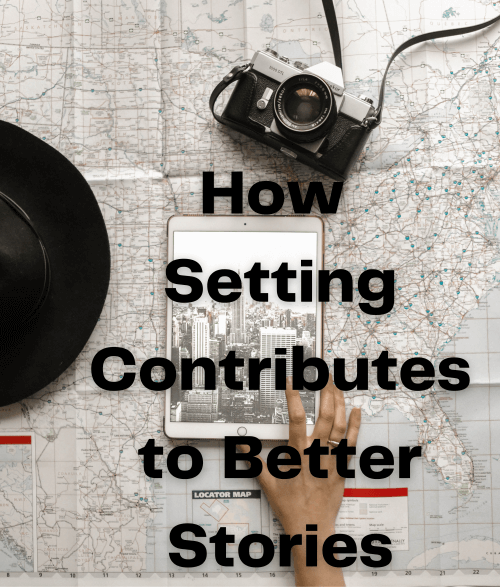
The setting of a story is often an overlooked topic in the art of fiction writing. We all know a story needs a setting. We know that a vivid and authentic setting can improve a story. Most people know that a setting can affect the plot, characters, and theme of a story in profound ways. But there is not a lot of guidance or theory on the subject of setting.
Nonetheless, here are six ways in which the setting of a story can play an important role in the story itself...
1. Setting Can Say Something About the Characters Who Inhabit it.
Where do your characters spend most of their time? Where do they live, work, go to school, or go on vacation? What type of home, neighbourhood, or community do they live in? What circles do they move in? Where do they choose to go for recreation? What places does their profession take them? Sometimes a character's environment is one they have chosen. Sometimes it is one they have little choice in. A home may reflect their economic class, interests, and tastes... or those of someone they live with. In every case, the setting says something about the characters who in habit it. So, as a writer, you can use setting as an indirect way to paint a picture of your character. In every story you write, take a little time to consider what your character's typical environment should be.
Bear in mind you can sometimes play with the reader's expectations. What if your billionaire character chooses to live in a trailer park? What if someone from a poor background finds themself living in a mansion? It can be fun finding explanations for why a character is in a setting that seems at odds with who they are.
2. Setting Can Limit What Your Characters Can Do, and Affect How Behaviour is Interpreted.
 Every setting has its own rules of behavior.
Every setting has its own rules of behavior.People behave differently in different places, for a variety of reasons. The setting of a story or a scene within a story matters because it will affect how your characters behave and how they perceive each other's behaviour. Almost everyone is concerned at some level with how much they can behave according to their whims, or how much they must control their behaviour in order to avoid repercussions.
For example, the rules of behaviour may be quite different at a family dinner than in a movie theatre or in the office -- yet all these places will have rules. Behaviour that would be acceptable at a frat party or a sex club would be highly inappropriate in a shopping mall, a church, or a court of law, and a character who behaves inappropriately given the setting would risk disapproval, damage to their reputation, or even legal penalties.
The reverse is also true. A character who behaves in an overly formal manner in a situation where informal behaviour is expected may earn the disapproval of the other people present.
Most people will behave differently in a dangerous place, such as a bad neighbourhood late at night, a war zone, a prison, or a wilderness where dangerous predators roam, than they would in a very safe environment.
Imagine you want to write a scene in which a couple have an argument that leads to a break in their relationship. It might make a big difference whether that scene takes place in a public place versus a private place. Will one or both people feel embarrassed to be having that conversation in public? How will it affect the way they speak to each other? Who might they worry may overhear the conversation?
On the other hand, what if that conversation takes place in a dangerous situation where one or both people are depending on the other's help to survive?
As a writer, you can alter the emotional stakes of a scene significantly by changing where it takes place.
3. The Setting of a Story Can Stimulate the Imagination.
Once upon a time, people travelled far less. Reading stories was a way for the average person to experience exotic places without leaving home.
Even today, many readers want fiction to transport them to a part of the world -- or even a different world -- they have never experienced. It can be a lot of fun to imagine what it would be like to be a character living somewhere very different, having a life unlike your current one.
Fantasy readers like novels that help them imagine and explore imaginary worlds. Science fiction readers want to explore ideas about what the future might be like. Readers of Westerns or historical fiction want the vicarious experience of living in the past.
Many like reading books about a far-flung corner of the world they have never been to, and may never see for themselves. Some people are fascinated with other cultures will read novels that promise to teach them something about them.
Of course, different readerships look for different things in a story, and you need to know if you are writing for people who want the stimulation of being immersed in a strange setting, or people who want the focus to be more on the characters and relationships, who wold be fine if the setting were just a backdrop. Hint: most of the time, you will be writing for people like yourself, so you should write the kind of story you would want to read.
4. Setting can Reinforce Familiarity.
Notwithstanding the above, some people also enjoy stories that take place in a familiar setting. There's a reason so many romance novels take place in mid-Western American towns, why so many Hollywood movies take place in New York or Los Angeles.
Some readers find familiar places comforting. A story set in a world that they know about, filled with people who seem familiar lets them focus more on other aspects of the story.
One of the reasons Hogwarts works as a setting for the Harry Potter books is that Hogwarts is ...
1. An exotic, magical, secluded, mysterious, and often dangerous place, and...
2. A school, and therefore quite familiar.
Virtually every reader has had the experience of going to school. In many ways Hogwarts functions like any other school. Students have to worry about getting to class on time, doing homework, serving detentions, getting good grades, etc.
So Hogwarts simultaneously gives the reader the thrill of being somewhere exotic and the comfort of being in familiar surroundings.
5. Setting can Impose Useful Limits on a Story
 Anything can happen when stories place strangers in a confined environment.
Anything can happen when stories place strangers in a confined environment.When the setting of a story is a small or restricted space, it can sometimes heighten the drama. I'm thinking here of the classic writing exercise of putting a handful of strangers into an elevator that gets stuck between floors. This scenario forces characters to find a way to get along with people they would normally never interact with and cope with a stressful situation, which is an ideal way for drama to happen.
A similar challenge is writing a story set in a prison, or on a cruise. Because the characters can't leave, they can't avoid interacting with strangers. This creates an opportunity for conflicts, romance, etc. to happen. The same is true for stories set in workplaces, schools, or the military.
Many classic murder mysteries take place in big old houses because the number of suspects and the number of opportunities to murder someone is limited. This makes figuring out who committed the murder
from the clues and testimony
seem doable (even if it is difficult). Also, in a limited space, the murderer will be one of the people everyone interacts with daily, so no one feels safe until the murderer is caught.
6. Setting Can Create Atmosphere
Finally, the setting of a story can create an emotional atmosphere that may mirror or contrast with the story.
Consider, for example, if you set a story in an old house on an isolated cliff on a stormy night. You might do all these things to set the stage for something terrible or frightening to happen.
On the other hand, what if the terrible, frightening thing happened in a peaceful, serene place, such as a zen garden on a beautiful sunny day? That choice might create a very surreal effect. It might undermine the reader's sense of security even more to know that a safe world can suddenly turn dangerous.
Sometimes you want your violent, political drama to take place in an established centre of wealth and power, surrounded by all the appropriate trappings... and sometimes you may want it to happen somewhere more mundane, such as a suburban PTA meeting. Both can be interesting choices.
To summarize...
When it comes to choosing the setting of a story or a scene, it may be useful to see if you can come up with a place that will heighten the emotional stakes, create obstacles for your characters, or simply give your reader an interesting place to visit in their imagination.
- Home
- Write a Novel
- Setting
- Uses of setting
